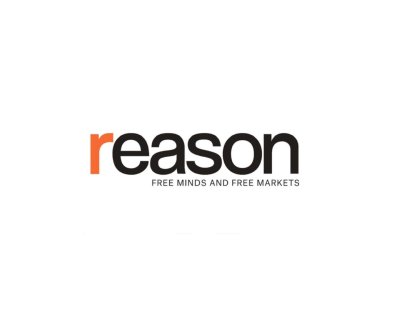‘The Quiet American’ Has Never Been More Relevant
In Chapter Two of The Quiet American narrator Thomas Fowler, like author Graham Greene a war-weary British journalist, watches in horror as young CIA agent Thomas Pyle orchestrates a disaster. Pyle has just arrived in Vietnam from Harvard and follows an anticommunist playbook in backing the dubious General Thé, who blows up a street full of women and children instead of soldiers:
“He said, ‘Thé wouldn’t have done this. I’m sure he wouldn’t. Somebody deceived him. The Communists…’
He was impregnably armoured by his good intentions and his ignorance. I left him standing in the square and went on up the rue Catinat to where the hideous pink Cathedral blocked the way.
The Quiet American, Graham Greene’s fifteenth novel, was published in 1955. The novel is equal parts epitaph for Britain’s empire, love story, battlefield diary, and spy thriller (a real-life MI6 agent, Greene wrote four or five of the best spy novels ever). What makes it so uncannily relevant to the present is his merciless dissection of Pyle and his “good intentions.” Perhaps without even intending it, Greene with his seething description of the meddling American “Economic Aid Mission” adviser published one of the first portraits of a figure destined to rule the world, the managerial expert.
A brilliant prose stylist whose extensive travels gave us exotic locales for novels set everywhere from the Caribbean to Africa to Asia to Central and South America, Greene in the first part of The Quiet American spends more time on sour grapes than politics. Fowler, Greene’s aging, opium-smoking English narrator, is in love with a 20-year-old Vietnamese beauty named Phuong (which, he says, “means Phoenix, but nothing nowadays… rises from its ashes”). With the prescience of all inadequate lovers, Fowler knew the viri
Article from LewRockwell

LewRockwell.com is a libertarian website that publishes articles, essays, and blog posts advocating for minimal government, free markets, and individual liberty. The site was founded by Lew Rockwell, an American libertarian political commentator, activist, and former congressional staffer. The website often features content that is critical of mainstream politics, state intervention, and foreign policy, among other topics. It is a platform frequently used to disseminate Austrian economics, a school of economic thought that is popular among some libertarians.




